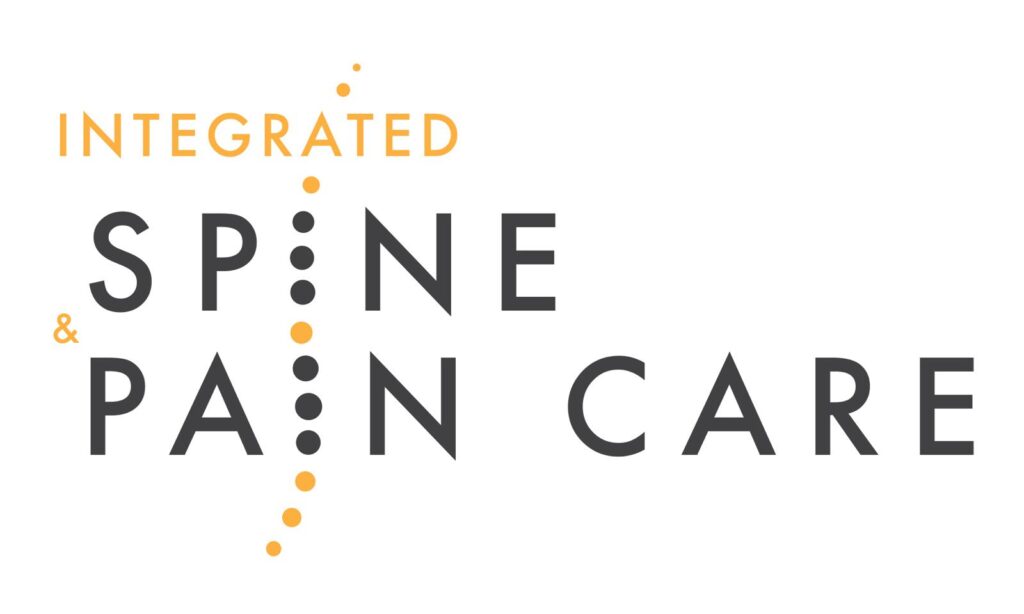Learn more about TMS and Ketamine Treatments.
Shoulder
Acromioclavicular (AC) Joint Arthritis
This condition, also called AC joint arthrosis, is a degeneration of the joint at the top of the shoulder where the acromion meets the clavicle.
Anatomy of the Shoulder
The muscles and joints of the shoulder make it the most mobile joint in the human body.
Biceps Tendinitis
This condition is an irritation or inflammation of the biceps tendon at the shoulder. The biceps tendon helps to stabilize the humerus and aids in activities that involve overhead motion such as tennis or throwing a ball.
Burners and Stingers
This condition is an injury to the nerve roots of the brachial plexus that results in a stinging, warm sensation that can radiate from the shoulder to the hand.
Frozen Shoulder (Adhesive Capsulitis)
This condition is a loss of motion or stiffness in the shoulder, usually accompanied by pain in the joint. Frozen shoulder is most common in people between the ages of 40 and 60, but can afflict anyone regardless of gender, arm preference or occupation.
Glenoid Labrum Tears
This injury is a tear of the labrum, a thick band of cartilage that lines the rim of the glenoid (which is commonly called the shoulder socket). The labrum cushions the head of the humerus and holds it securely to the glenoid, stabilizing the joint.
Muscle Strain of the Upper Back (Trapezius Strain)
This common injury is a stretching or tearing of the trapezius. This large muscle group spans the upper back, shoulders and neck. These muscles are commonly called the “trap” muscles.
Osteoarthritis of the Shoulder
Osteoarthritis, also called degenerative arthritis, is a gradual breakdown of cartilage in the joints. Cartilage is a tough, flexible connective tissue that protects the ends of bones in the joints. Osteoarthritis of the shoulder can severely impact a person’s lifestyle.
Rheumatoid Arthritis (RA) of the Shoulder
Rheumatoid arthritis, a condition of the immune system that can attack joints throughout the body, commonly affects the shoulder. Over time, it can destroy cartilage and bone in the joint.
Rotator Cuff Injuries
The rotator cuff is a group of muscles and tendons that cover the head of the humerus and hold it in the shoulder socket. When rotator cuff tendons become damaged, the shoulder can become stiff, sore or lose mobility. Injuries are often caused by direct damage, such as a traumatic fall or repetitive overhead motions. It can also develop because of indirect causes such as impingement or shoulder imbalance.
Rotator Cuff Tears
The rotator cuff is a group of muscles and tendons that cover the head of the humerus and hold it securely inside the shoulder socket. The cuff helps maintain joint stability while allowing the arm to lift and rotate. A tear of the rotator cuff can be painful and can interfere with shoulder movement. Four muscles make up the cuff: the supraspinatus, infraspinatus, teres minor, and subscapularis muscles.
Shoulder Impingement Syndrome
This condition occurs when the tendons of the rotator cuff, along with the subacromial bursa, become compressed against a bony scapula protrusion called the acromion. As these tissues continually rub against bone, they become irritated and inflamed.
Suprascapular Neuropathy
This condition is a compression of the suprascapular nerve which can cause instability in the shoulder joint that can lead to more severe problems. The suprascapular nerve is a motor nerve that controls the functions of two of the main muscles on the shoulder blade.

Botox
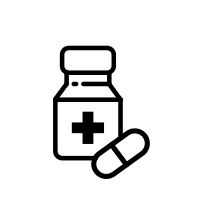
Medication Management
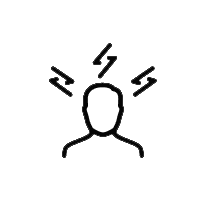
Pain Treatment

Hyaluronic Acid Injections
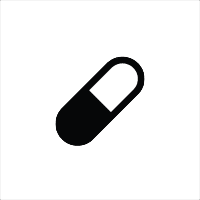
Suboxone
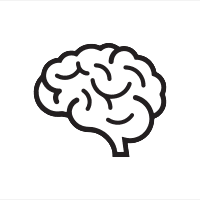
Transcranial Magnetic Stimulation
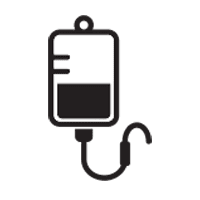
Ketamine Infusions
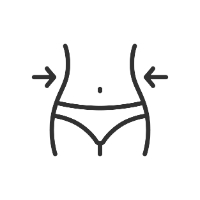
Medical Weight Loss
OUR LOCATIONS
Choose your preferred location
Powered by CRAMMAZE
